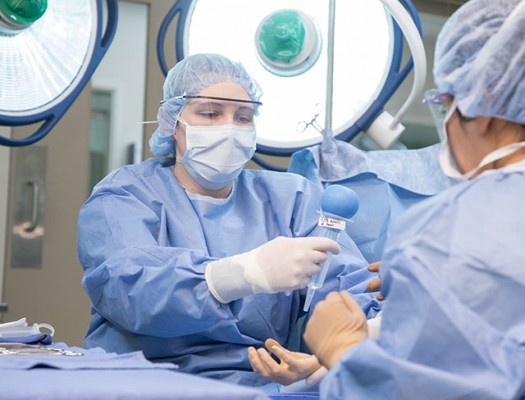Surgical Tech Certification Programs
Surgical technologists, also known as surgical techs or operating room technicians, play a critical role in the healthcare system. They assist in surgical operations under the supervision of surgeons, registered nurses, or other surgical personnel. Here’s a comprehensive guide on surgical tech certification programs:
Overview
Surgical tech certification programs are designed to provide students with the knowledge and skills necessary to assist during surgical procedures. These programs typically combine classroom instruction with hands-on clinical experience.
Educational Pathways
Certificate or Diploma Programs:
Duration: These programs can often be completed in 9 to 15 months.
Curriculum: Includes courses in anatomy, physiology, medical terminology, microbiology, surgical procedures, and patient care.
Clinical Training: Students gain practical experience in a real surgical environment.
Associate Degree Programs:
Duration: Typically lasts about 2 years.
Curriculum: More comprehensive, covering general education subjects in addition to surgical tech coursework.
Advancement: An associate degree may offer more opportunities for career advancement and higher pay.
Certification
While certification is not always mandatory, it is highly surgical tech certification programs Texas recommended and often required by employers. Certification demonstrates a higher level of competence and dedication to the profession.
Certifying Bodies:
National Board of Surgical Technology and Surgical Assisting (NBSTSA): Offers the Certified Surgical Technologist (CST) credential.
National Center for Competency Testing (NCCT): Provides the Tech in Surgery – Certified (TS-C) credential.
Requirements for Certification:
Graduation from an accredited surgical technology program.
Passing a certification exam.
Ongoing continuing education to maintain certification.
Accreditation
It is crucial to attend an accredited program to ensure the education meets the standards set by the profession and to qualify for certification exams. Look for programs accredited by the Commission on Accreditation of Allied Health Education Programs (CAAHEP) or the Accrediting Bureau of Health Education Schools (ABHES).
Career Outlook
The demand for surgical technologists is expected to grow, driven by advancements in medical technology and an increasing number of surgical procedures. According to the U.S. Bureau of Labor Statistics, employment of surgical technologists is projected to grow faster than the average for all occupations.
Skills and Qualities
Successful surgical technologists typically possess:
Attention to Detail: Critical for ensuring a sterile environment and proper surgical procedures.
Manual Dexterity: Required for handling surgical instruments.
Stamina: Ability to stand for long periods.
Communication Skills: Essential for working effectively with the surgical team.
Job Responsibilities
Surgical techs are responsible for:
Preparing operating rooms and ensuring sterile conditions.
Sterilizing and arranging surgical instruments and equipment.
Assisting surgeons during procedures by passing instruments and supplies.
Counting supplies before and after surgery to ensure no items are left inside patients.
Handling specimens for laboratory analysis.
Conclusion
Pursuing a career as a surgical technologist can be rewarding and offers a dynamic work environment. By enrolling in an accredited surgical tech certification program, you can gain the essential skills and knowledge needed to succeed in this vital healthcare role.
